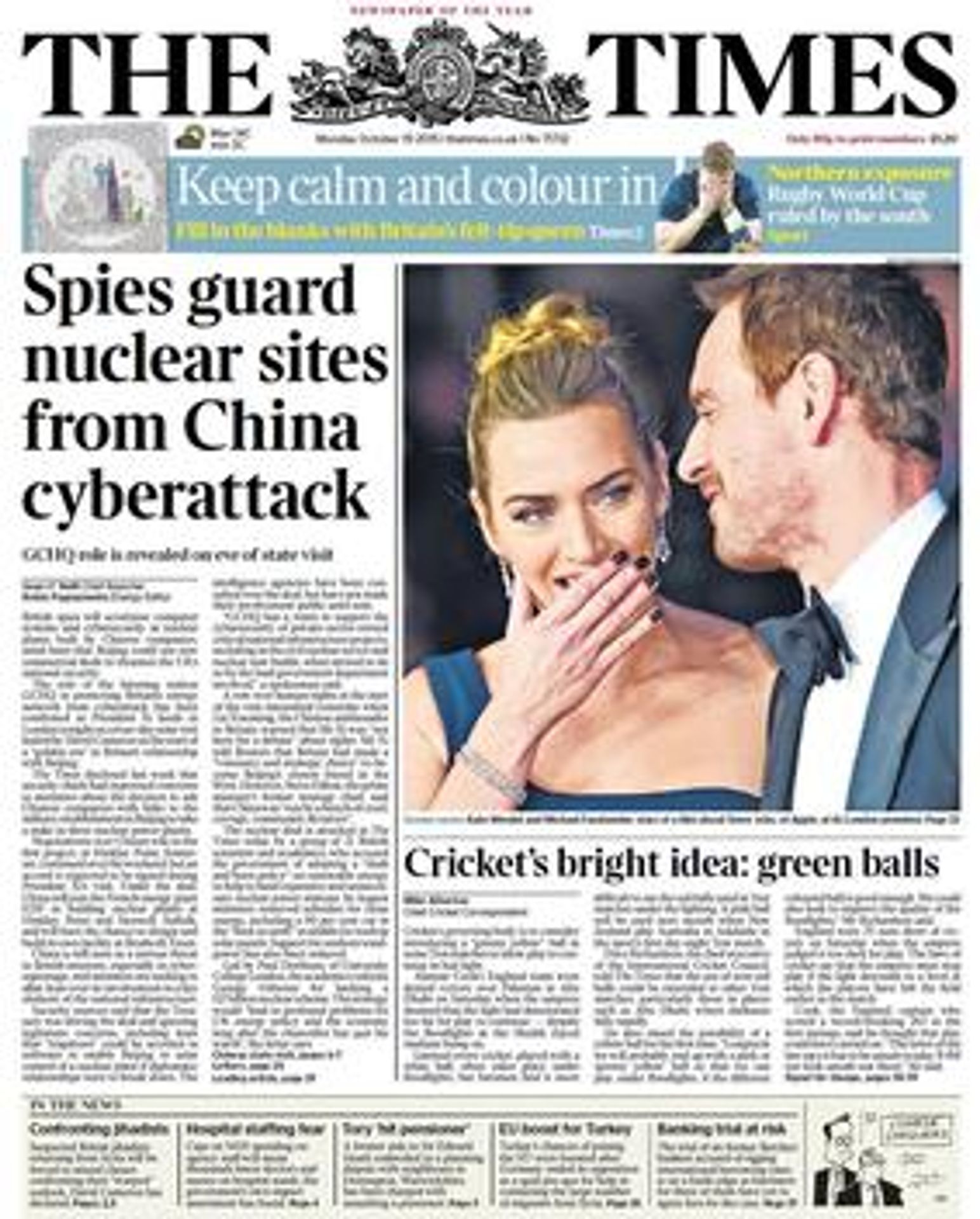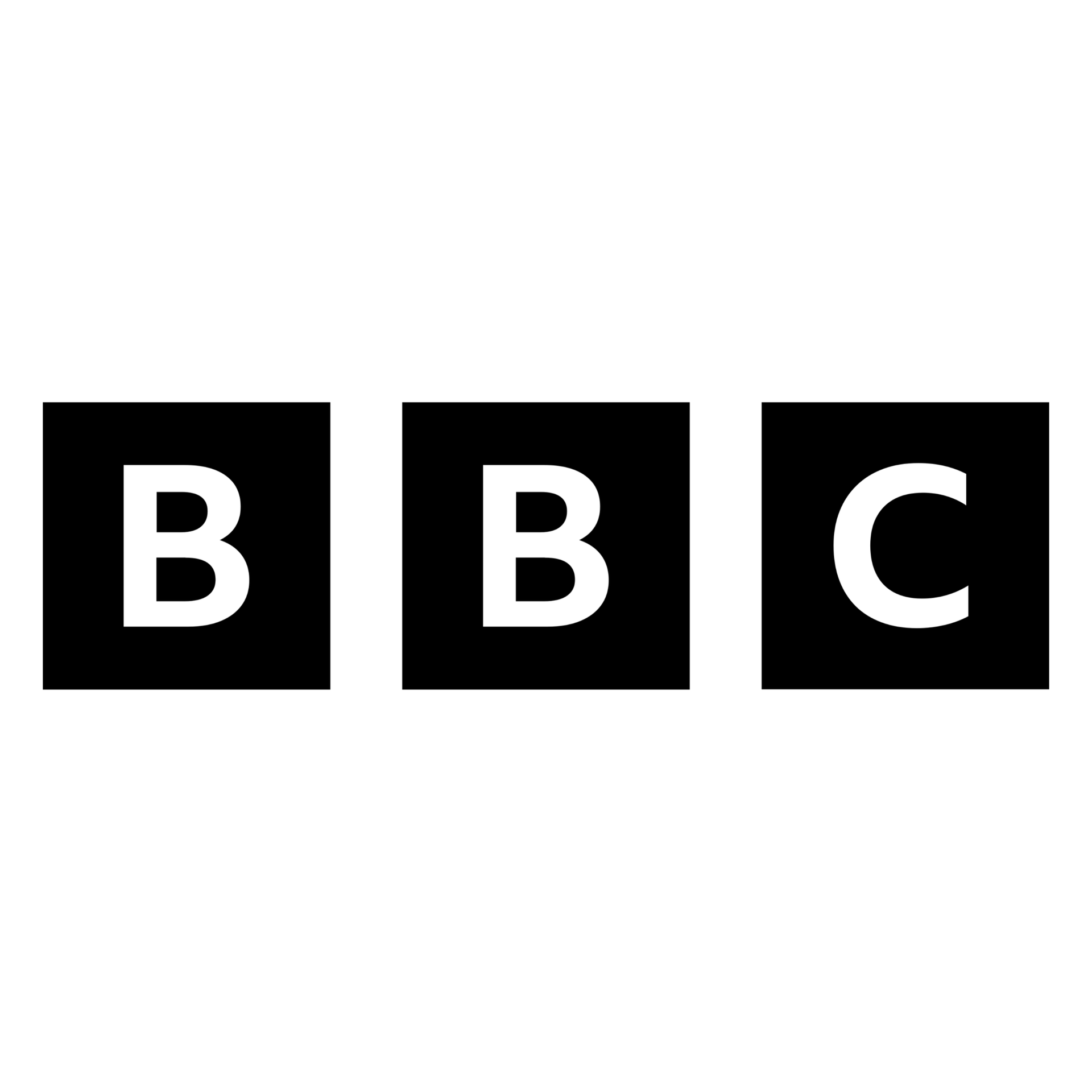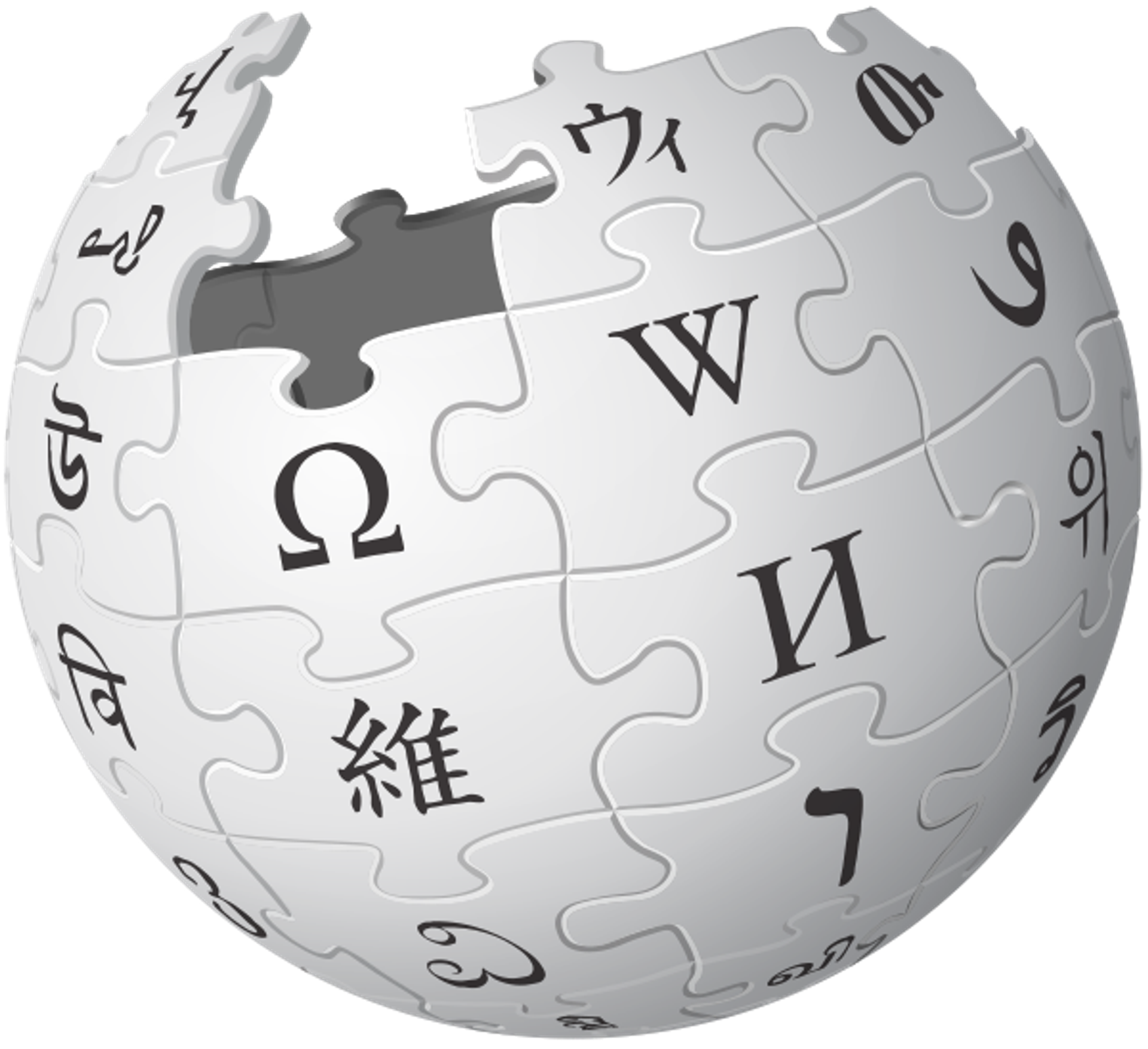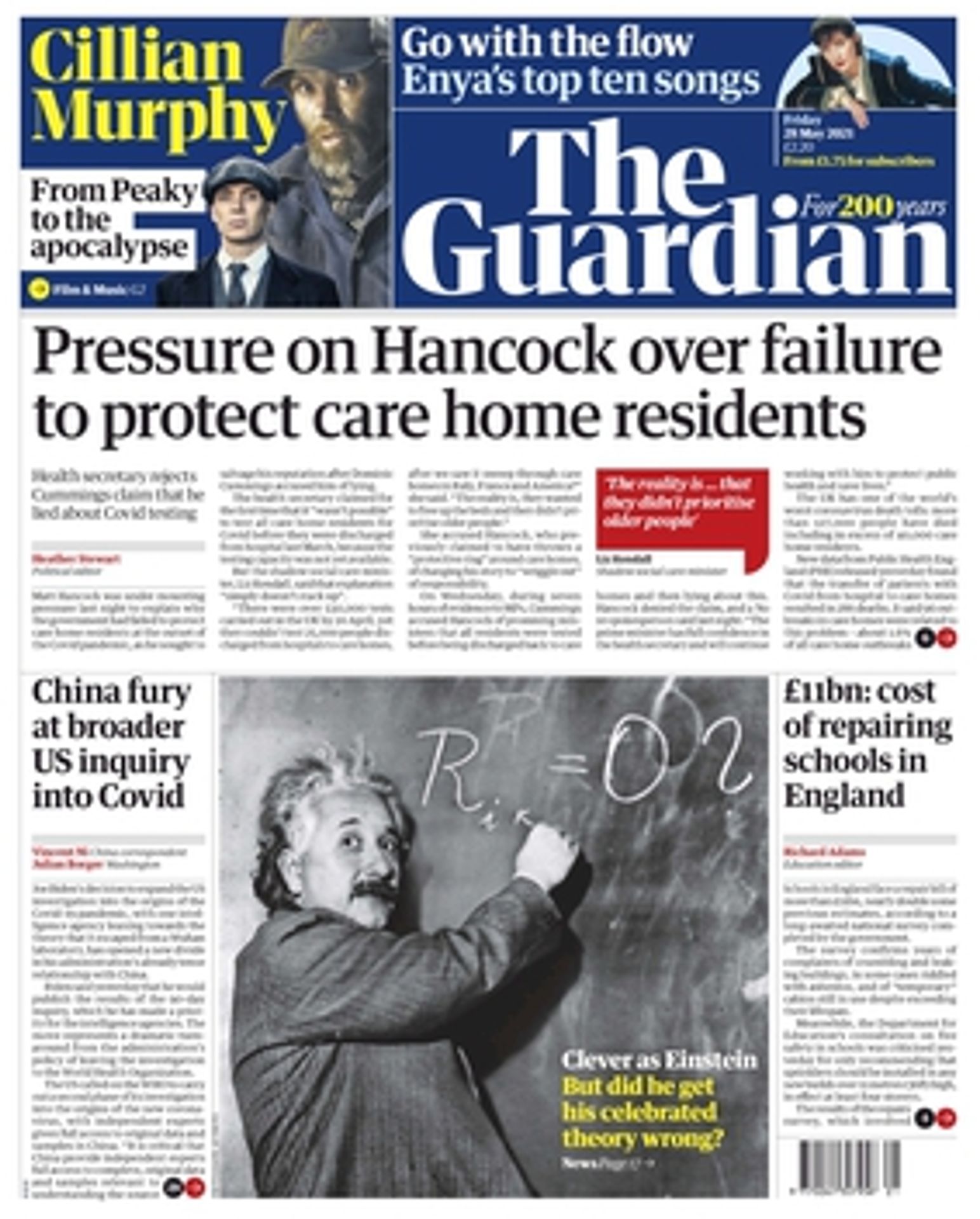
The Times
What do people say about The Times?
The Times remains a venerable British institution with a long history, but its perception is mixed and often skewed negative in contemporary contexts. It is seen as a bastion of traditional journalism, yet critics argue it sometimes clings too tightly to establishment views and fails to adapt to modern journalistic demands. There is a sense that it caters primarily to an older, more conservative demographic and is disconnected from younger or more diverse audiences. While it maintains a reputation for quality reporting on major issues, its parent company and ownership by News UK often cast shadows of bias and commercial interest. Overall, The Times is respected for its legacy but criticized for lacking innovation, inclusivity, and modern relevance.
Where are the conversations happening?
Due to the lack of direct segments, the analysis relies on general media patterns where The Times is often scrutinized in critical discussions on channels like BBC News and Channel 4 News, which tend to highlight its establishment ties and potential bias. Tabloid rivals and digital platforms occasionally criticize it for elitism and slow adaptation to digital trends. However, it retains respect in more traditional journalistic circles, though these are increasingly overshadowed by calls for more progressive and diverse media voices.
What are the topics trending around The Times?
Discussions about media bias, digital transformation in journalism, and the influence of corporate ownership on editorial independence are trending near The Times.
Why are these topics trending?
These topics arise because The Times is an established print newspaper facing pressure to modernize amid a digital-first media environment while grappling with perceptions of political bias due to its ownership by News UK. The ongoing debates about trust in media and the need for inclusivity and innovation make these trends particularly relevant to its current and future perception.
How is The Times being talked about?
Detailed breakdown of public sentiment and conversations about this entity.
Impact vs Sentiment
See how each entity's high impact percentage relates to their positive sentiment percentage from actual mentions.




